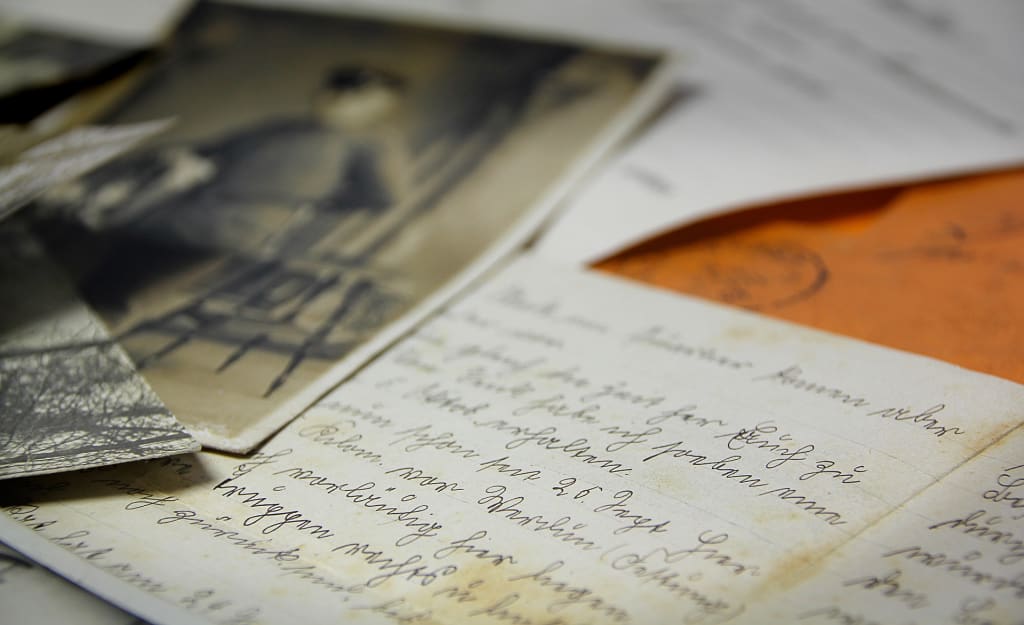Carlo Adorni, "O=maggio a Giosuè Borsi"
Death in battle

Giosuè Borsi (1888–1915) was born in Livorno, in the house in Via degli Inglesi. It owed his name to Carducci, a friend of his father. He studied at the Niccolini Guerrazzi high school and graduated in Pisa.
He began to poetise early, with verses, needless to say, of Carduccian inspiration. In a period of experimentation and avant-garde like that, his position was established on traditional, classical, imitative forms.
He wrote comedies, short stories, stories for children, but also critical and journalistic pieces. His father was the editor of “Il Telegrafo” first, and of the “Nuovo Giornale” in Florence then. With the pseudonym of Corallina, he was a reporter and made pieces as reporter on the Messina earthquake and on the Venice art biennale.
He was elegant, much sought after in the living rooms, he lived a dissolute life which he later regretted. He was successful as a connoisseur and fine teller of Dante. But the death of his father and sister Laura threw him into despair, to the point that, when his beloved grandson, son of Laura, also died, Joshua attempted suicide.
Despite having grown up in an anticlerical and agnostic environment, the misfortunes of life directed him towards Christianity. He became a Franciscan tertiary, that is, a lay person who is committed to living the spirit of St. Francis in the world.
Between 1912 and 13 he wrote “Le confessioni di Giulia”, dedicated to the beloved woman, understood in an angelic and Dante’s version.
He was an interventionist in the First World War because he considered death on the field as the atonement for a life of sin.
A few days before he died, he wrote a letter to his mother, considered his highest literary moment.
“Everything is therefore favorable to me,” he said, “everything smiles at me to make a successful and beautiful death, time, place, season, occasion, age. I couldn’t better crown my life.”
“I am calm, perfectly serene and firmly determined to do all my duty to the last, as a strong and good soldier, unshakably sure of our unfailing victory. I’m not quite sure I’ll see it alive, but this uncertainty, thank God, doesn’t bother me at all, and it’s not enough to make me tremble. I am happy to offer my life to the homeland, I am proud to spend it so well, and I do not know how to thank Providence for the honor it does me.
Don’t cry for me mom, if it’s written up there that I have to die. Don’t cry, because you would cry over my happiness. Pray a lot for me because I need it. Have the courage to endure life to the last without losing heart; continue to be strong and energetic, as you have always been in all the storms of your life; and continue and be humble, pious, charitable, so that the peace of God may always be with you. Goodbye, mother, goodbye Gino, my dear, my loved ones.”
He will succeed in his intent: he will die in an assault on Zagora. In his jacket, along with bloody medals, a photo of the mother and the Divine Comedy will be found.
The Giosuè Borsi cultural association was born in 2004 as a continuation of the group of the same name, active in Livorno since 1988, on the occasion of the first centenary of the birth of the poet. Initially it took care of keeping the relics of the fellow citizen, previously kept in a small museum, now closed. With the recognition of the Municipality of Livorno, it has the ethical custody of the Famedio di Montenero, which collects remains and memories of the illustrious Livornese people. The association, based in via delle Medaglie d’Oro 6, keeps the memory of Giosuè Borsi alive and promotes conferences and studies on the history of the city and its forgotten characters. It publishes the magazine “La Torre” every six months and has arranged to reprint numerous Borsi’s works.
The president of the association, Carlo Adorni, edited an anthology entitled “Homage to Giosuè Borsi” with a preface by the late Professor Loi, of whom I have an admired memory as my history teacher. The anthology, published in 2007 by the publishing house “Il Quadrifoglio” and accompanied by beautiful photos, contains verses from various collections — including Primus Fons — some Dante interpretations — of which Borsi was passionate and fine teller — the famous spiritual Testament, high example of religious writing, and the last letter to the mother, his highest poetic moment.
As Loi points out, Art, Homeland and Religion were the three inspiring motifs of the Borsian work, even though he was not a “great wing” poet. After a life of pleasures, lived with a sense of guilt, after growing up in the shadow of paternal carduccian and classicist ideals, after craving for himself the love of the woman and the glory of the artist, Borsi had a profound spiritual conversion that brought him closer to Christianity. The spiritual testament is a confirmation of how much he has felt, even in his existence, the vanity and weight of earthly things.
The pain hit, crossed, prostrated him, with repeated and brutal blows: the death of his father, of his sister Laura and of his newphew born from her relationship with D’Annunzio’s son.
But in his death in battle, sought after, desired, there is a lot of decadentism, the last Wildian or D’Annunzian brushstroke given to an artistic life, sublimated, however, and illuminated, by spirituality, by a search for Franciscan purity. Death is beautiful, it is auspicious, because it tends to glory, makes us legendary, redeemed from sins and, however, in this death, understood as crowning rather than renunciation, the Franciscan tertiary, the renunciate, disappears and the Nietzschean superman resurfaces.
“I leave transience, I leave sin, I leave the sad and heartwarming spectacle of the small and momentary triumphs of evil over good: I leave my humiliating body, the heavy weight of all my chains, and fly away, free, free, finally free up there in the skies where our Father is, up there where his will is always done.”
About the Creator
Patrizia Poli
Patrizia Poli was born in Livorno in 1961. Writer of fiction and blogger, she published seven novels.
Enjoyed the story? Support the Creator.
Subscribe for free to receive all their stories in your feed. You could also pledge your support or give them a one-off tip, letting them know you appreciate their work.






Comments
There are no comments for this story
Be the first to respond and start the conversation.